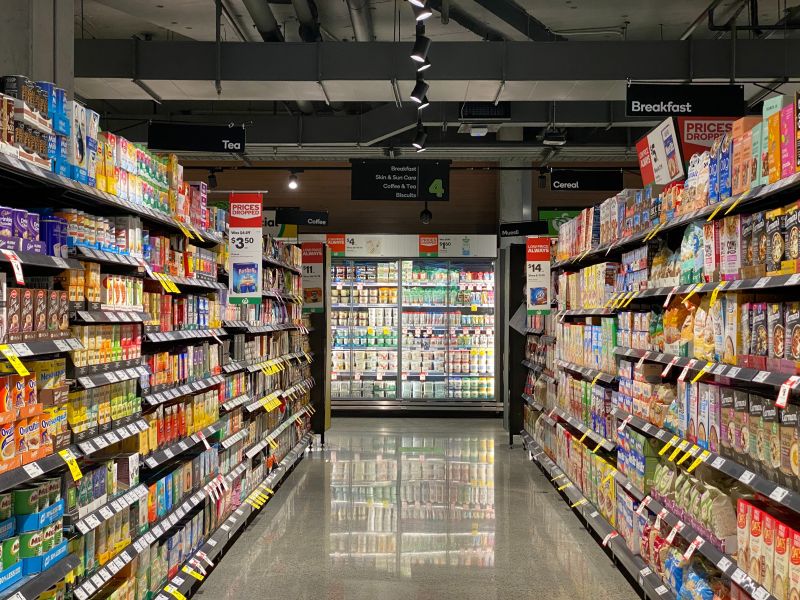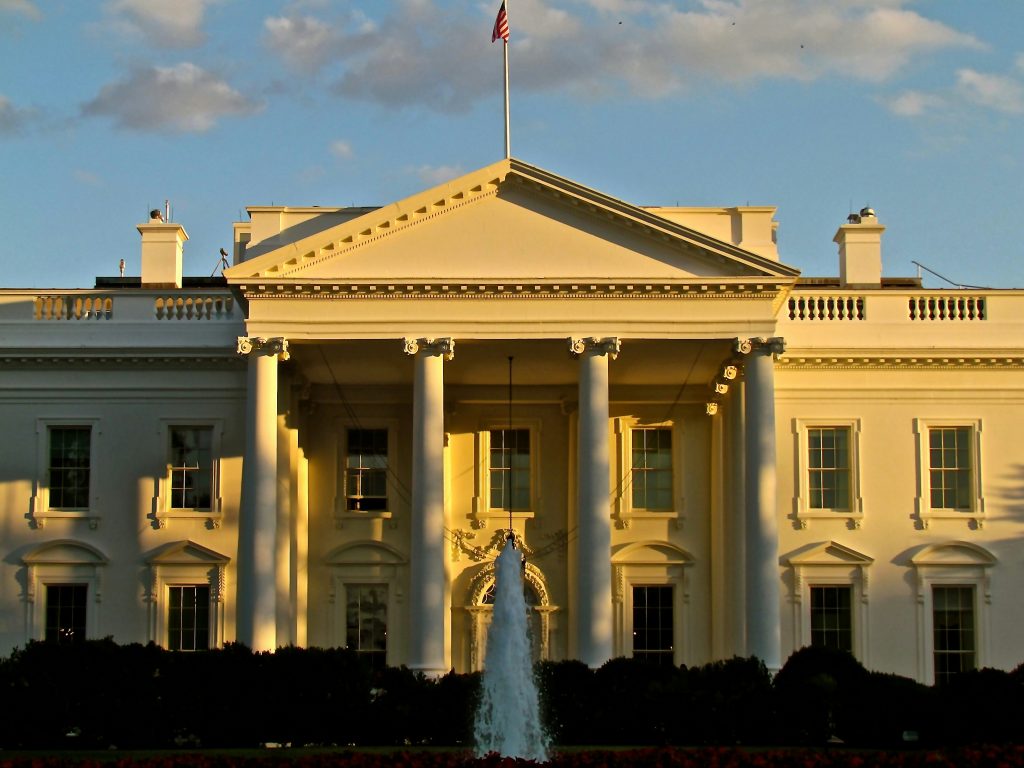Less Food and Higher Costs: Corporations Are Behind the Rising Costs at Grocery Stores

By: Paul A. Abdou*
With egg prices increasing by over 32.2 percent, there is no doubt that the American family is paying more at the grocery store than ever before.[1] More Americans are relying on food stamps and skipping meals.[2] While many solely attribute this increase to inflation, corporate greed is also to blame.[3] Food companies also fault rising food prices on “inflationary pressures” like labor costs, transportation setbacks, and higher livestock feed prices.[4] Yet, inflation has surpassed the price of wages, and the price of agricultural products has decreased.[5]
While food prices have risen, so have corporate profits, which have hit their highest level in seventy years.[6] Tyson Foods has more than doubled its profits since the first quarter of 2021, and General Mills has raised its prices five times since 2021, allowing for a ninety-seven percent increase in profits.[7]
So, if food companies have nearly increased profits by one hundred percent, why have consumer prices increased to the point where families cannot afford groceries? The reasoning starts back in the 1970s. In the 1970s, changes in antitrust legislation allowed food companies to buy their competitors, creating an “oligopolistic” market where the top four companies control forty percent or more of the market.[8] With the top four companies controlling the market, there is no competition, and the American family has no choice but to buy from them. The lack of competition and choice allows these monopolistic corporations to pass off inflation costs to the consumer while increasing food prices without consequences, known as “excuseflation.”[9]
Government intervention is the only solution to combat these monopolistic food suppliers and monstrous prices. Congress must pass legislation to curb the corporations’ greed. The House of Representatives passed the Lower Food and Fuel Costs Act, but the Act did not pass the Senate.[10] Enacting similar legislation that prevents the four major food corporations from implementing “excuseflation” would lower food costs. Another solution to prevent corporate greed is price control.[11] However, it is essential to note that such price control must be temporary while Congress focuses on legislation to break up the four major food corporations. In the 1970s, President Richard Nixon’s first use of price control slowed inflation and food price increase; however, constant use of price control and freezing reverted to high inflation and elevated food prices.[12] Therefore, price control must be temporary and limited.
To decrease food prices, there must be government action. The consumer cannot fight against the four major food corporations alone; American families need to eat. But if the government does not intervene quickly, more and more Americans will have to choose between putting food on the table or keeping the lights on.
* J.D. Candidate, Class of 2024, Sandra Day O’Connor College of Law at Arizona State University.
[1] U.S. Dep’t of Agric., Food Prices and Spending, USDA Econ. Rsch. Serv. (Feb. 23, 2023), https://www.ers.usda.gov/data-products/ag-and-food-statistics-charting-the-essentials/food-prices-and-spending/.
[2] Whizy Kim, Prices at the Supermarket Keep Rising. So Do Corporate Profits., Vox (Mar. 17, 2023, 6:00 AM), https://www.vox.com/money/23641875/food-grocery-inflation-prices-billionaires.
[3] Inflation has increased to a staggering 8.3 percent in 2022 compared to 2.3 percent in 2011. Id.; Monthly 12-Month Inflation Rate in the United States from February 2020 to February 2023, Statista (Mar. 16, 2023), https://www.statista.com/statistics/273418/unadjusted-monthly-inflation-rate-in-the-us/.
[4] Kim, supra note 2.
[5] Id.
[6] Id.
[7] Tyson Foods is the largest meat producer in the United States; General Mills owns well-known brands such as Annie’s, Betty Crocker, Chex, and Bisquick. Id.
[8] Claire Kelloway, U.S. Food Prices Are Up. Are the Food Corporations to Blame for Taking Advantage?, Time (Jan. 14, 2022, 7:00 AM), https://time.com/6139127/u-s-food-prices-monopoly/.
[9] Id.; see also Tracy Alloway & Joe Weisenthal, How ‘Excuseflation’ Is Keeping Prices – and Corporate Profits – High, Bloomberg (Mar. 9, 2023, 5:30 AM), https://www.bloomberg.com/news/articles/2023-03-09/how-excuseflation-is-keeping-prices-and-corporate-profits-high.
[10] Brian Zahn, DeLauro: Food Cost Crisis Requires Ending Corporate Greed, Increasing Resources, New Haven Register(Jan. 19, 2023), https://www.nhregister.com/news/article/DeLauro-Food-cost-crisis-requires-congress-action-17728618.php.
[11] Charles Riley, Should the Government Control the Price of Food and Gas?, CNN Bus. (Jan. 18, 2022, 7:01 AM), https://www.cnn.com/2022/01/18/economy/price-controls-inflation/index.html.
[12] Id.


